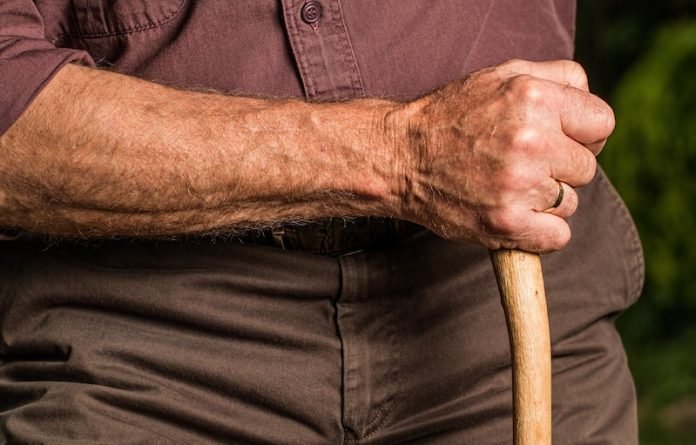
According to a new study at the Erasmus University Medical Center, people with low bone density may be at a higher risk of developing dementia than those with higher bone density.
However, it is important to note that the study only shows an association between the two conditions and does not prove that low bone density causes dementia.
Low bone density, also known as osteoporosis, is a medical condition that occurs when bones lose minerals such as calcium more quickly than the body can replace them.
This causes the bones to become weaker and more fragile, increasing the risk of fractures, especially in the hips, spine, and wrists.
The team looked at 3,651 participants from the Netherlands with an average age of 72 who did not have dementia at the start of the study. Over an average of 11 years, 688 people (19%) developed dementia.
During the study, the researchers used X-rays to identify bone density levels in the participants.
They interviewed the participants every four to five years and conducted physical tests, such as bone scans and tests for dementia.
The team found that people with low total body bone density were 42% more likely to develop dementia within 10 years than those with higher bone density.
Specifically, of the 1,211 people with the lowest total body bone density, 90 people developed dementia within 10 years, compared to 57 of the 1,211 people with the highest bone density.
The team explained that both low bone density and dementia are common conditions that affect older adults, particularly as physical inactivity and poor nutrition during dementia can lead to increased bone loss.
However, he also stated that little is known about the bone loss that occurs before dementia sets in.
This study found that bone loss indeed occurs before dementia and is linked to a higher risk of developing the condition.
The researchers also noted that diet and exercise may impact bones differently and affect the risk of developing dementia.
The team explained that further research is needed to better understand the connection between bone density and memory loss.
They also suggested that bone loss could be an indicator of risk for dementia, and people with bone loss could be targeted for screening and improved care.
It is important to note that the study’s participants were primarily of European origin and over 70 years old, so these findings may not apply to younger age groups or people from different races and ethnicities.
Despite this limitation, the study provides valuable insight into the potential link between bone density and dementia, which could lead to improved care and screening for those at risk of developing the condition.
Osteoporosis is more common in older adults, particularly postmenopausal women, but it can also affect men and younger adults.
Some risk factors for developing osteoporosis include genetics, hormonal imbalances, low calcium and vitamin D intake, physical inactivity, smoking, and excessive alcohol consumption.
Osteoporosis is typically diagnosed through a bone mineral density test, which measures the number of minerals in the bones.
Treatment may involve medication to slow down bone loss or increase bone density, calcium and vitamin D supplements, and lifestyle changes such as regular exercise, a healthy diet, and avoiding smoking and excessive alcohol consumption.
If you care about brain health, please read studies about how the Mediterranean diet could protect your brain health, and scientists find possible way to delay or reverse Alzheimer’s disease.
For more information about nutrition, please see recent studies about antioxidants that could help reduce the risk of dementia, and tea and coffee may help lower your risk of stroke, dementia.
The study was conducted by Mohammad Arfan Ikram et al and published in Neurology.
Copyright © 2023 Knowridge Science Report. All rights reserved.



